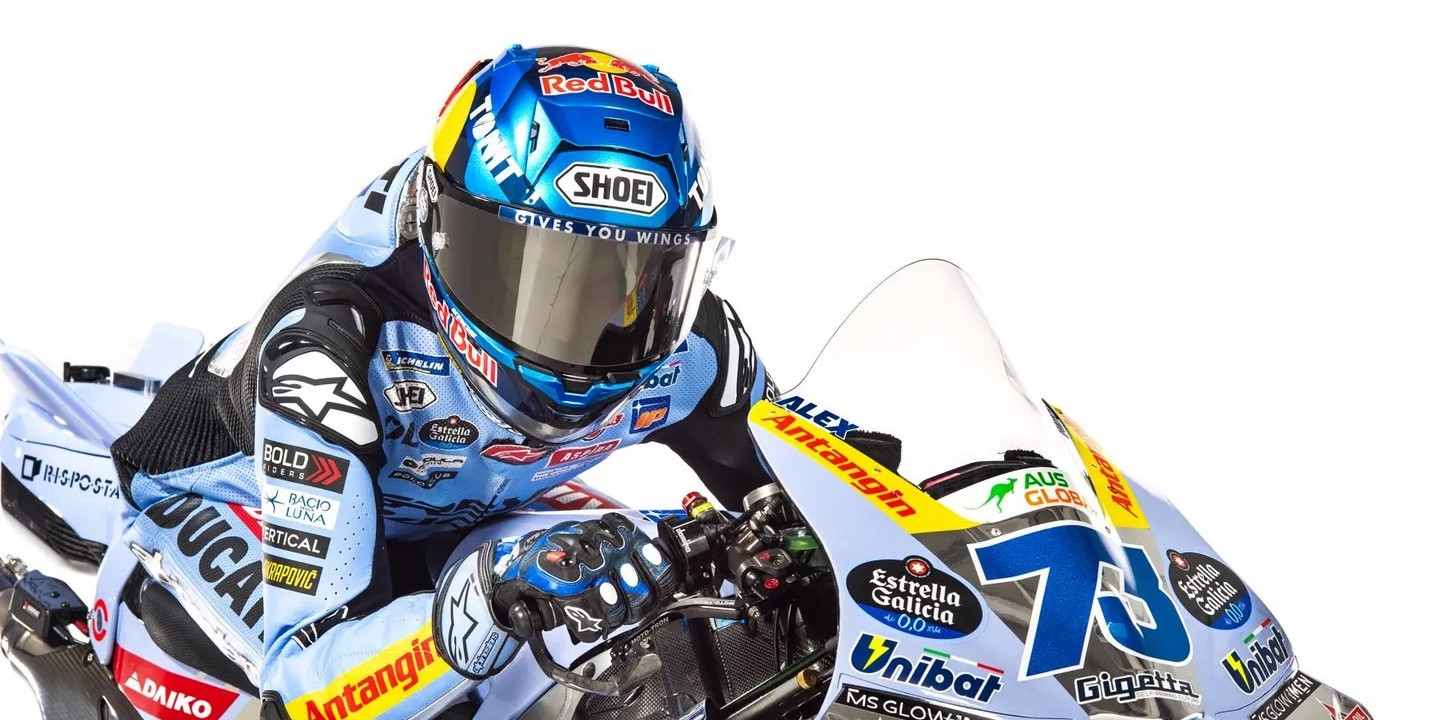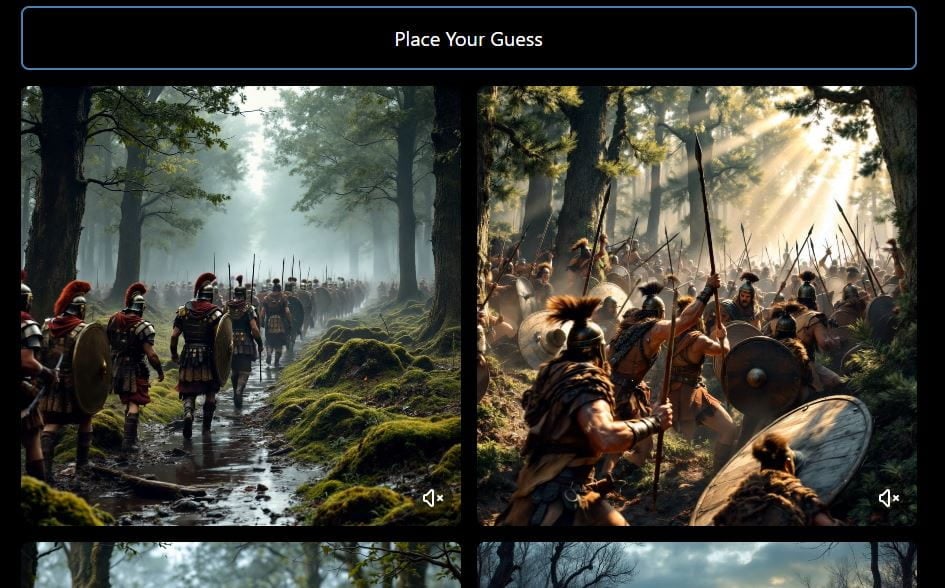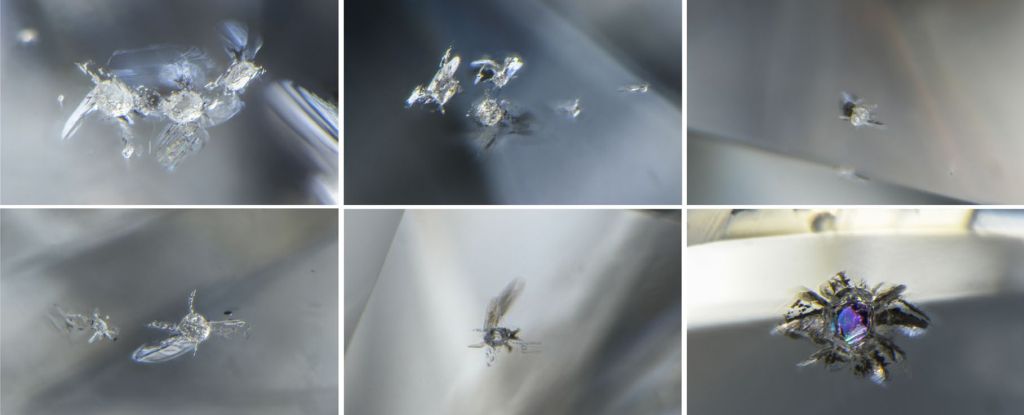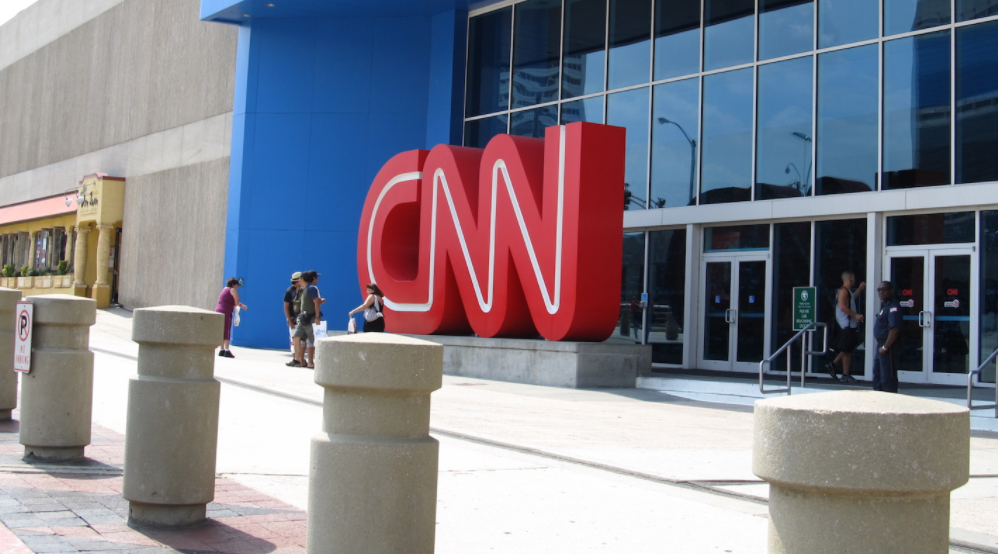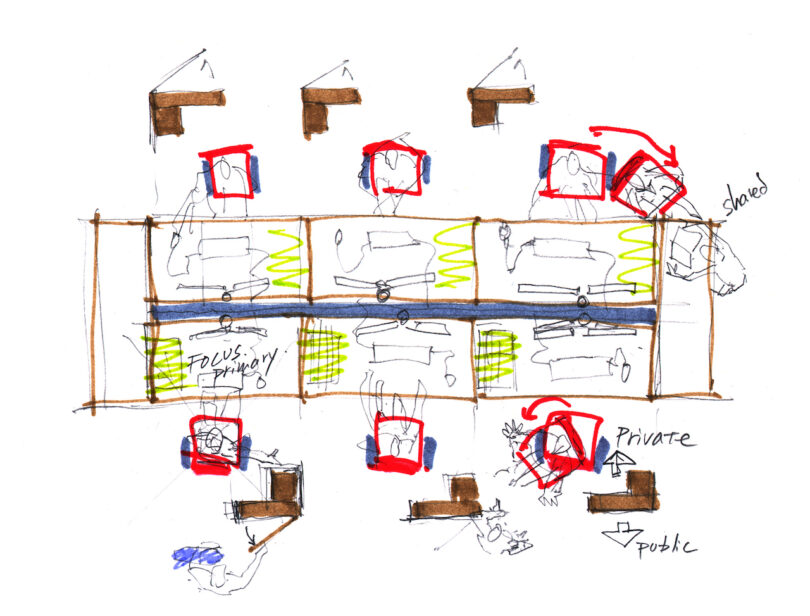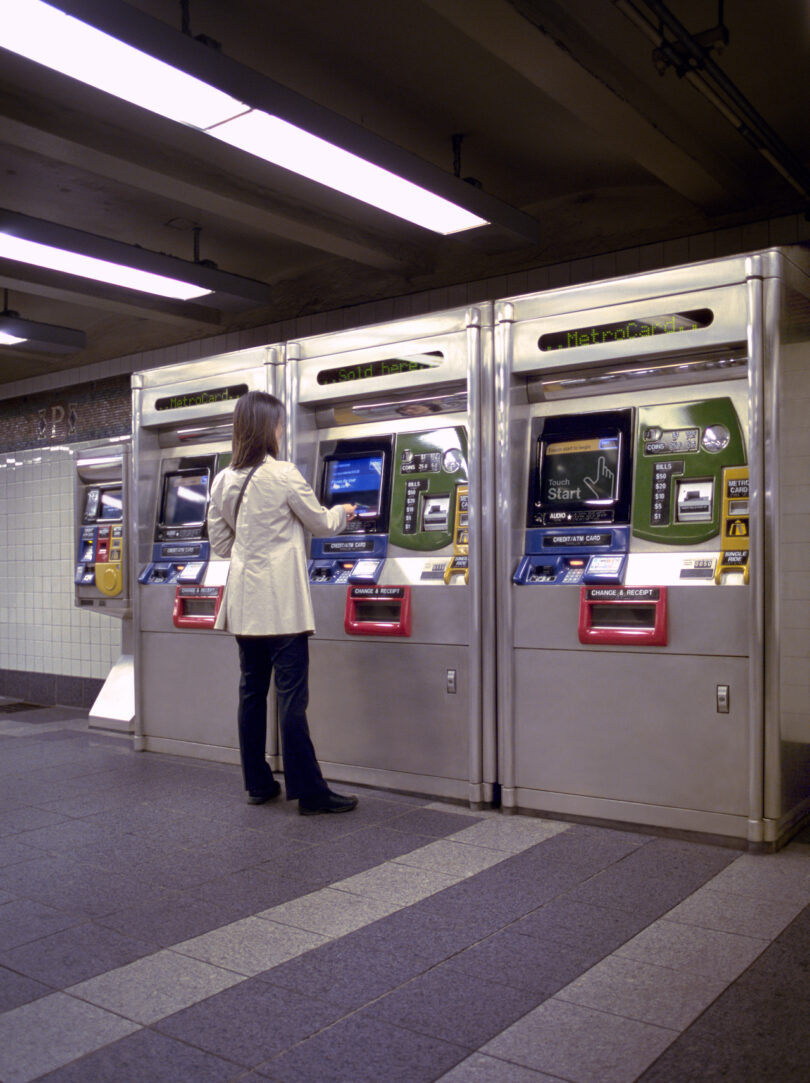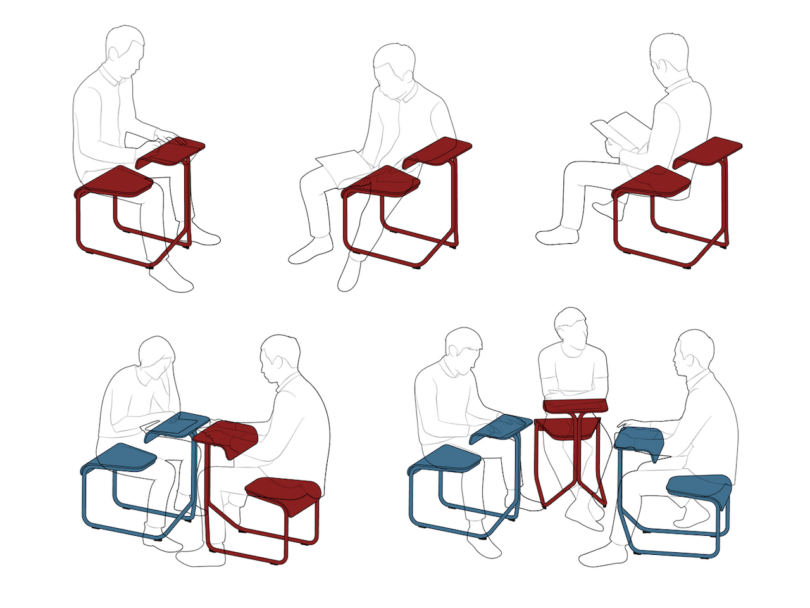Watch: Antenna Design on Design as a Tool for Behavioral Change
Antenna Design shares how thoughtful public design interventions shape behavior and enhance everyday experiences.

The latest in the 2024/2025 Design Conversation Series by the Vignelli Center for Design Studies, Antenna Design brings their unique perspective to the stage at Rochester Institute of Technology (RIT). Founded in 1997 by Masamichi Udagawa and Sigi Moeslinger, the studio is known for its people-centered approach to solve complex design challenges. With an impressive portfolio that includes the design of subway cars, information kiosks, and ticket vending machines for New York City and Washington D.C., Antenna has reshaped the way public spaces function. Their award-winning work, such as the “Help Point Intercom” for the New York MTA, even holds a place in the permanent collection of MoMA, underscoring their lasting impact on design.
In this lecture, Antenna Design shares their approach to using interaction design as a tool to shape behavior in public spaces. From pioneering the city’s first touchscreen ticket vending machines to redesigning subway cars for smoother passenger flow, they demonstrate how even the smallest design interventions can lead to significant behavioral shifts. Emphasizing adaptability, they reflect on the unpredictability of public design and the importance of creative problem-solving in response to real-world challenges.
To learn more about Antenna Design, check out the lecture below:
To learn more about The Vignelli Center for Design Studies at RIT, they have launched digital access to the archives through Google Arts & Culture, joining over 2000 cultural institutions from around the world. The initial launch includes nearly 900 high resolution images of artifacts from the archives so that now anyone with access to the Internet and Google Arts & Culture can search the Vignelli archives or browse it by color or chronological order.
This lecture is presented with the support of RIT’s MAGIC Center.

This lecture series is made possible in part by the generosity of RIT Alumnus, Chris Bailey, and Bailey Brand Consulting.






























